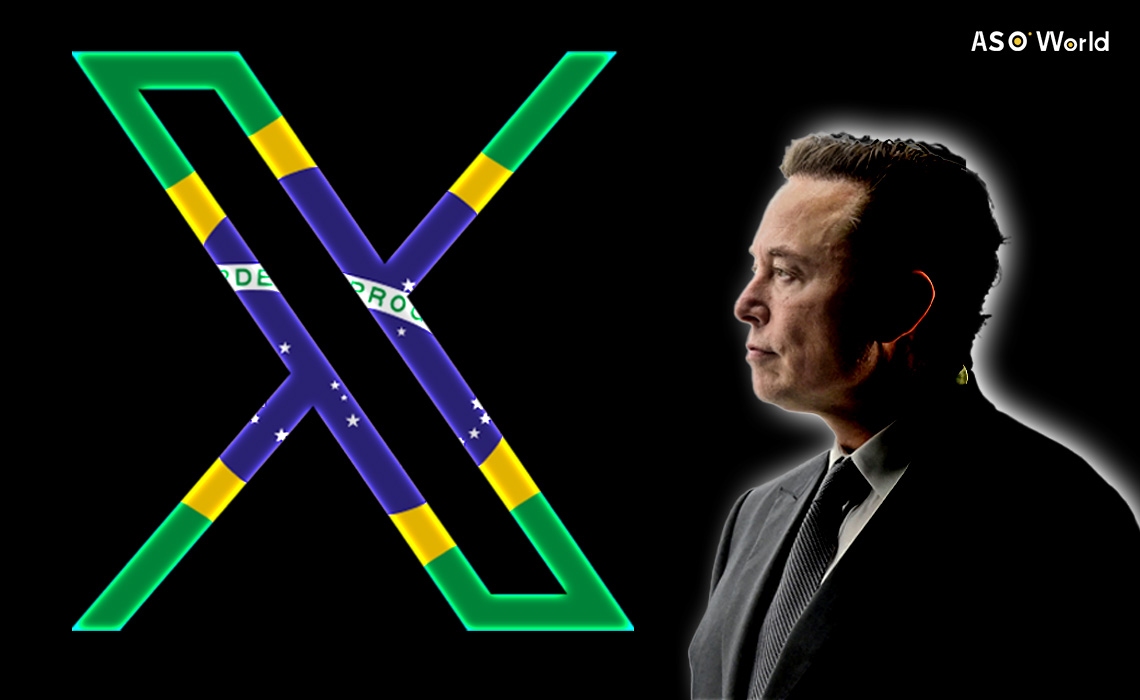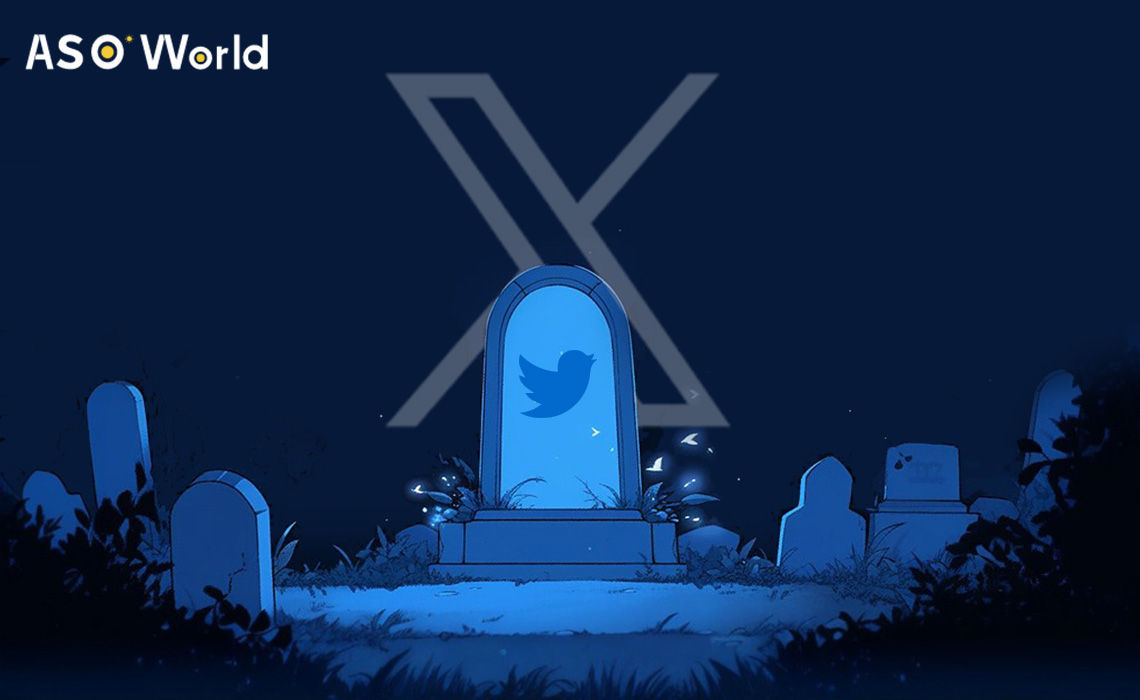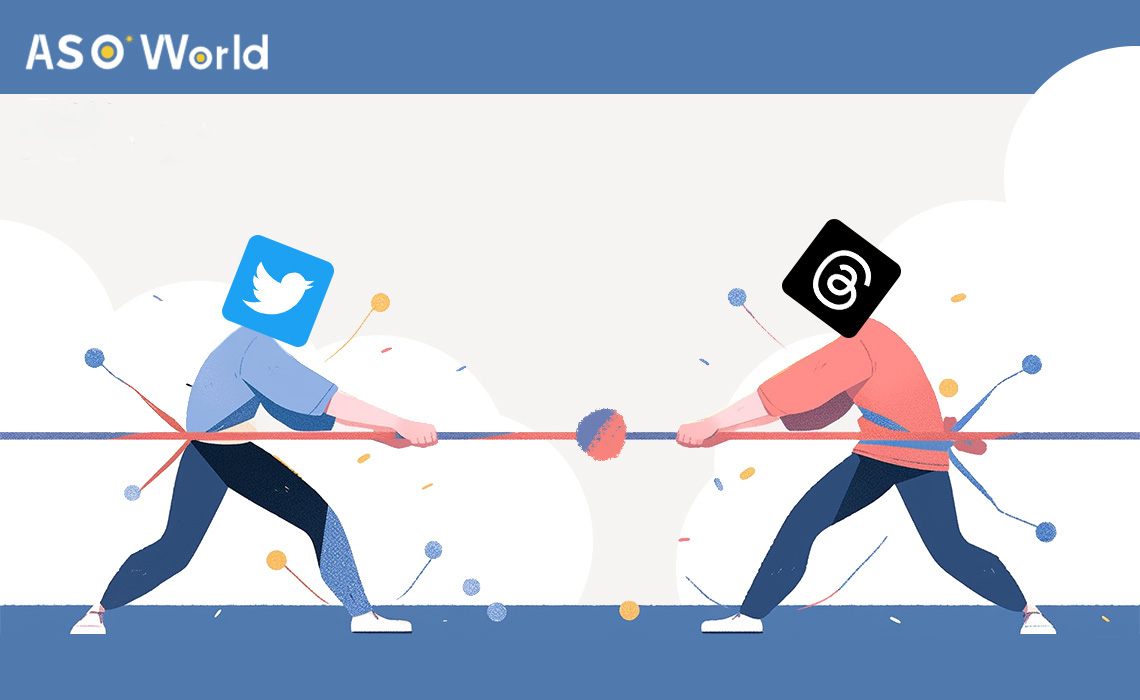Brazil's Supreme Court has lifted the ban on Elon Musk's social media platform X, formerly known as Twitter, following compliance with court orders.
This decision ends a five-week suspension and marks a significant turn in the ongoing conflict between X and Brazilian authorities.
Background of the Ban
Initial Conflict and Court Orders
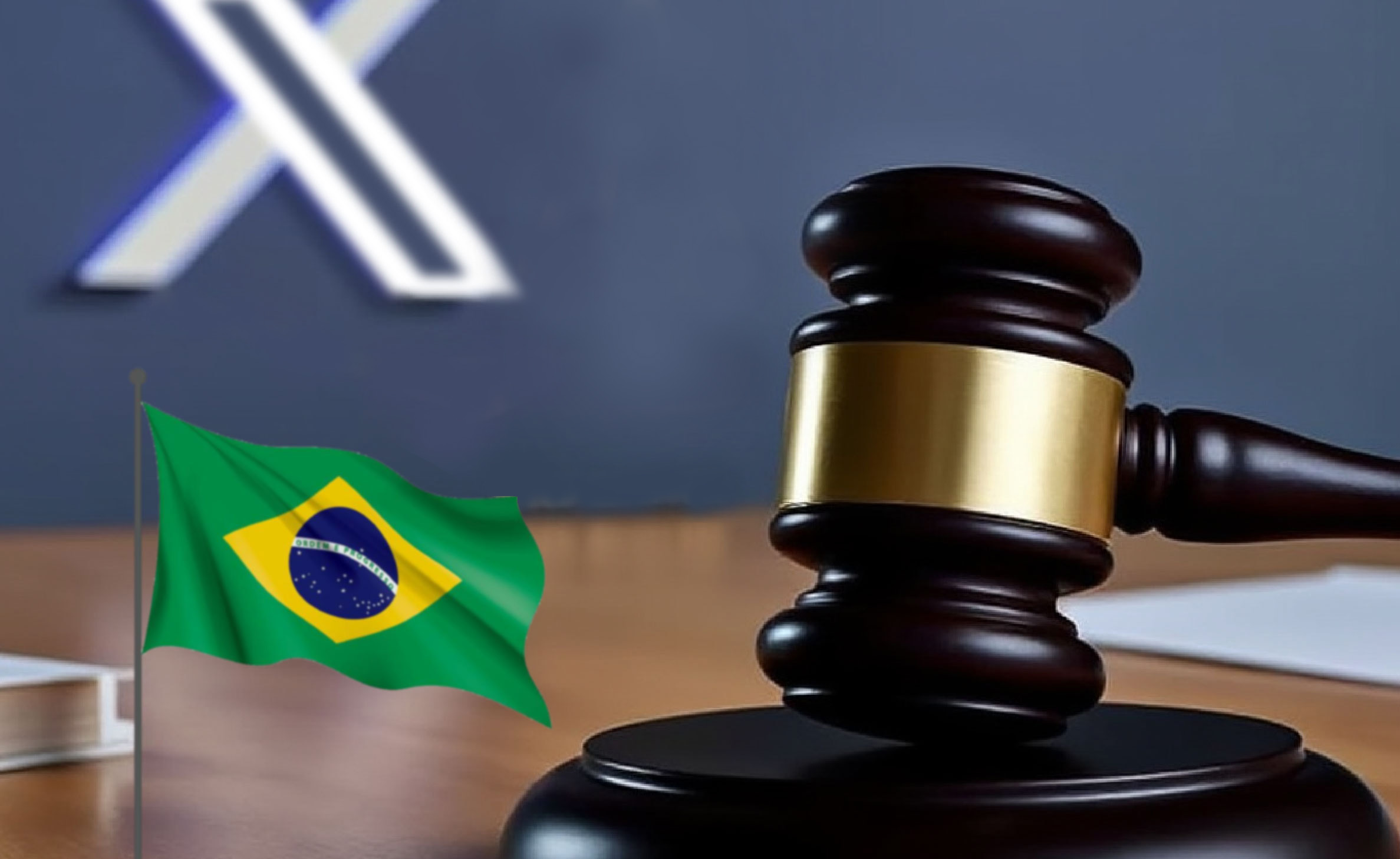
>>> Brazil's Supreme Court Orders Ban on Elon Musk's X Platform
The ban was initially imposed after X failed to comply with Brazilian court orders to remove certain user accounts accused of spreading misinformation about the 2022 Presidential election.
The platform also lacked a legal representative in Brazil to address these demands.
Elon Musk, a self-proclaimed "free-speech absolutist," resisted these orders, accusing the court of censoring conservative voices.
Compliance and Reversal
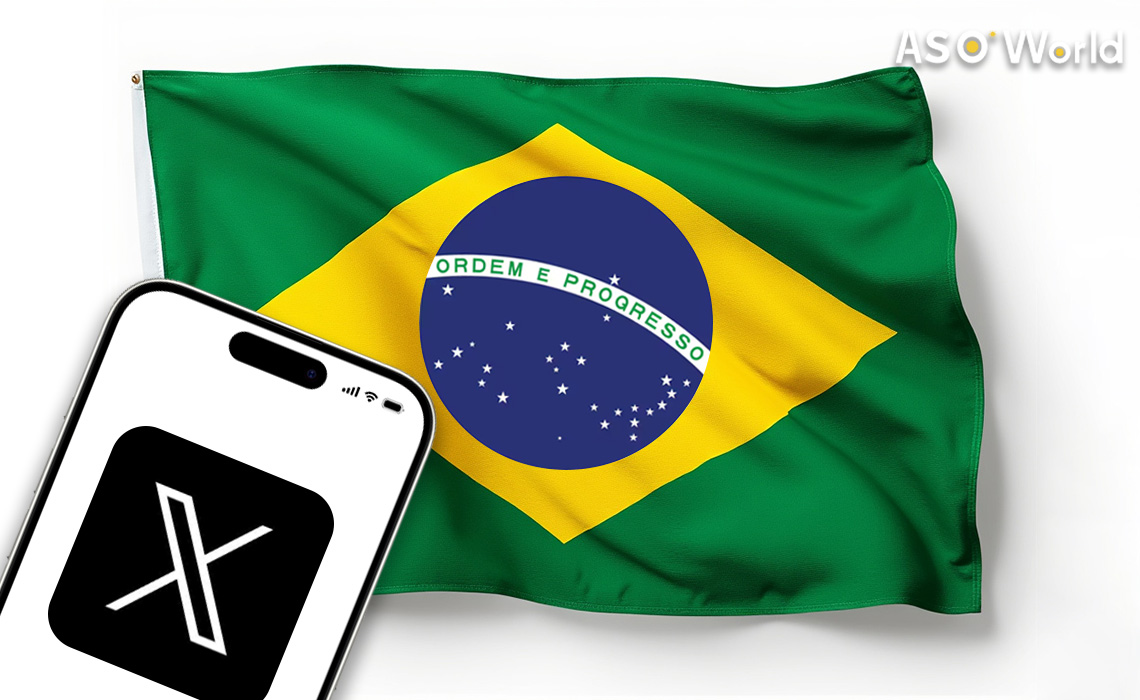
In response to the ban, X eventually complied by taking down the specified accounts, paying fines totaling 28 million reais ($5.1 million), and appointing a local representative.
This compliance marked a significant reversal for Musk, who had previously criticized the court's actions as an abuse of power.
Impact on the Brazilian Market
User Migration and Market Dynamics
During the ban, many Brazilian users migrated to alternative platforms such as Bluesky and Meta's Threads, leading to a significant decrease in X's user base in the country.
Bluesky saw its average daily users double, while Threads experienced a one-third increase in daily users. Despite the ban, some users continued accessing X using VPNs, with a majority criticizing both the ban and Justice Moraes.
💡 How Bluesky Attracts More Than 2,000,000 Users in Brazil After Twitter's Ban?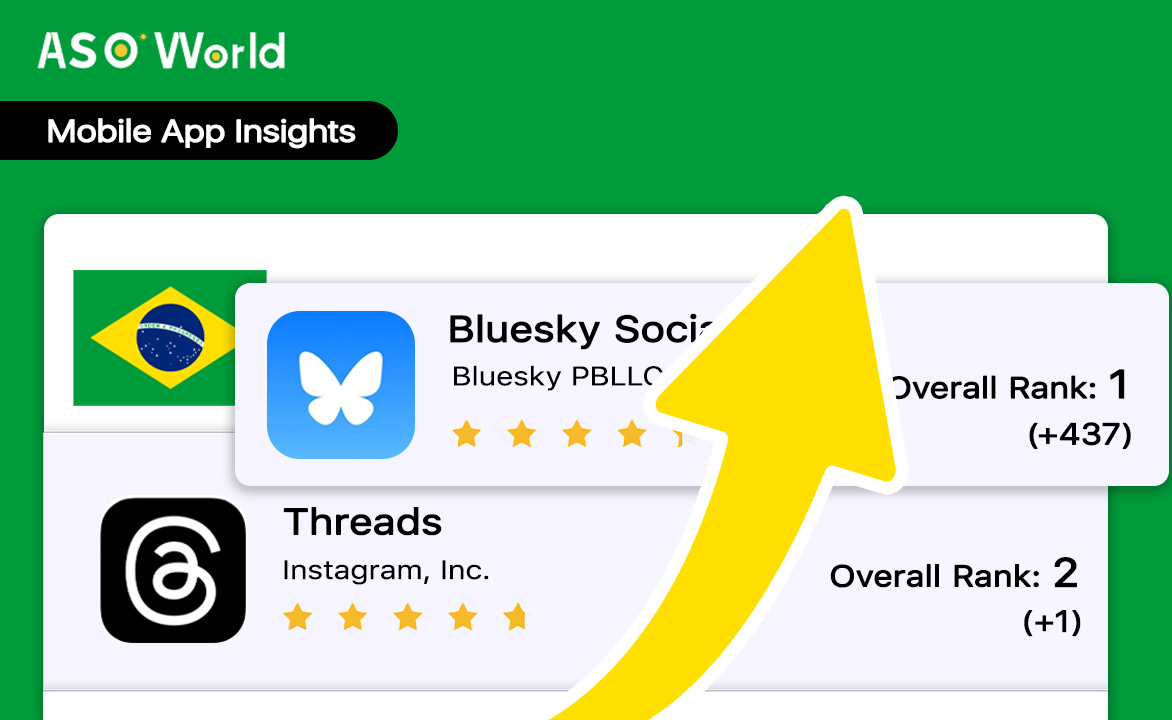
Economic Implications
Brazil, one of X's largest international markets, accounted for an estimated 22 million users.
However, the ban represented only 2% of X's overall earnings, suggesting a limited financial impact.
Nevertheless, the temporary suspension allowed competitors to gain a foothold in the Brazilian market.
Justice Moraes and National Sovereignty
Judicial Actions and Public Perception
Justice Alexandre de Moraes, who led the initiative to block X, became a polarizing figure in Brazil. His actions were praised by some as a defense of national sovereignty and democracy, while others viewed them as an overreach of judicial power.
Moraes's orders were aimed at curbing hate speech and protecting the democratic process, although the specifics of the banned accounts were not fully disclosed.
Broader Implications for Big Tech
The resolution of this conflict underscores the ongoing power struggle between nation-states and big tech companies. It highlights the ability of governments to impose regulations and enforce compliance on global platforms operating within their borders.
Editor's Comments
The lifting of the ban on X in Brazil illustrates the complex interplay between freedom of speech and regulatory compliance.
While Elon Musk's initial resistance garnered support from those wary of government overreach, the ultimate compliance with court orders demonstrates the challenges faced by tech companies in navigating international legal landscapes.
As Brazil remains a critical market for X, the platform's future strategies will likely involve balancing its free speech ethos with adherence to local laws.
This case also serves as a reminder of the significant influence that national courts can exert over global tech entities, potentially shaping how these companies operate worldwide.
